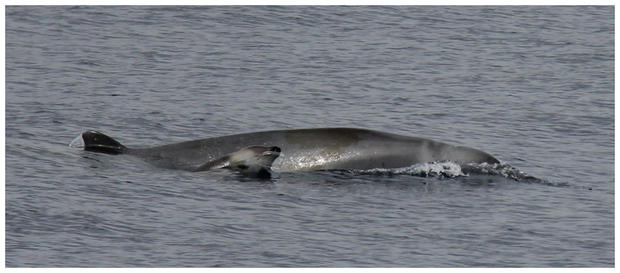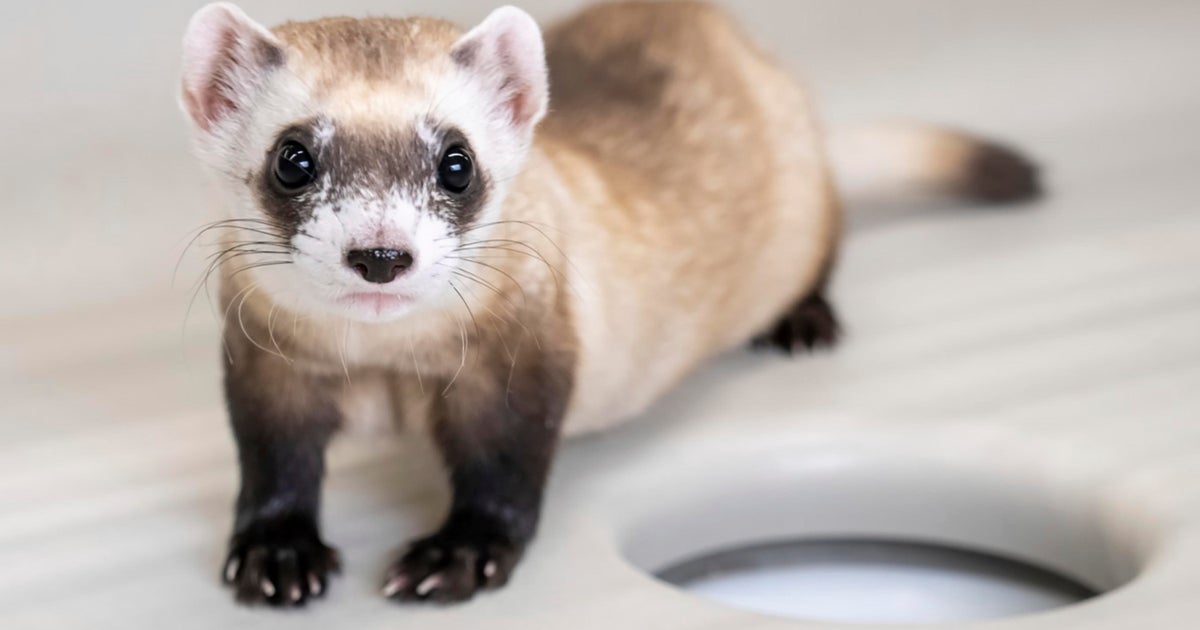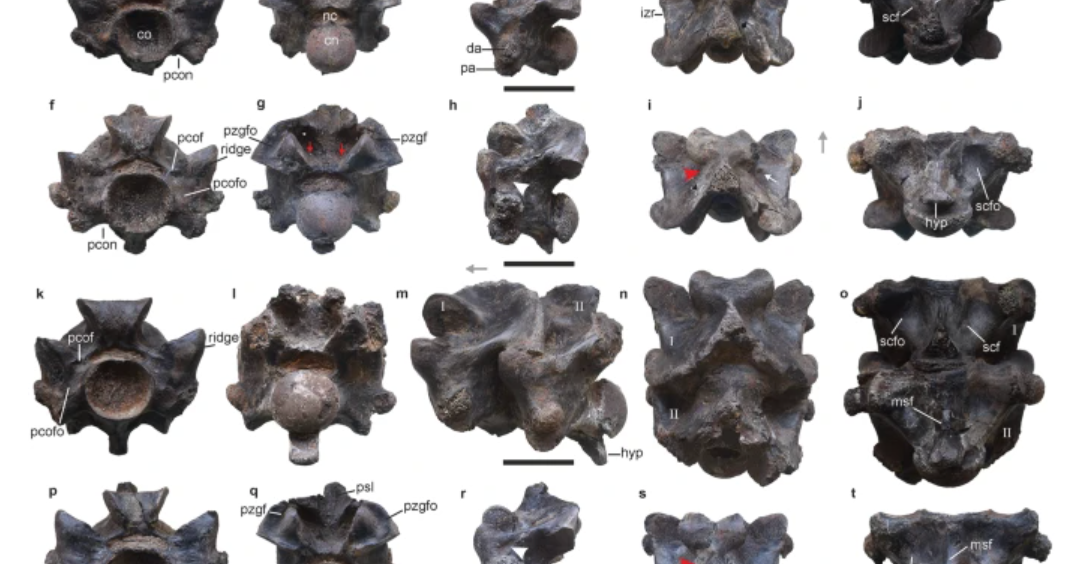Rare whale captured on video, sparking curiosity for mysterious species
One of the world’s most elusive whale species, the True’s beaked whale, has been captured in the wild on underwater video for the first time in history.
The captivating video was released Tuesday along with a detailed study in the journal PeerJ that assesses the state of this rare species.
“Imagine: these are animals the size of elephants that we just can’t find. They’re a mystery,” lead study author and marine biologist Natacha Aguilar de Soto told The Washington Post.
As adults, True’s beaked whales can be as long as 17.5 ft and weigh between 2,200 and 3,000 pounds, according to the National Oceanic and Atmospheric Administration (NOAA).
The video, recorded by science students on an educational trip in the Azores islands in the mid-Atlantic, reached Aguilar de Soto’s desk in 2013. It is the first known underwater footage of the True’s beaked whale, The Post reported.
“When I saw the video, I just couldn’t believe it,” Aguilar de Soto, who works for the University of St. Andrews in Scotland and the University of La Laguna in the Canary Islands, told The Post. “I thought, ‘My god, these are True’s beaked whales.’”
The group of whales in the video appeared to dive in a coordinated manner, researchers said. This same behavior has also been observed in other species of beaked whales.
Researchers also shared the first images of a True’s beaked whale calf.
The True’s beaked whale is so elusive that researchers often cannot recognize it. Because the True’s beaked whale tends to emerge at the ocean’s surface for only short periods and shares coloration and other features with other whales, it has confounded scientists for years. Information about the animal’s geographic distribution, population levels, and morphology (the study of its physical characteristics) has been hard to come by. That’s a problem, as conservation efforts hinge on this data.
The new study is an attempt to fill those gaps in knowledge, and combine all the available information about the True’s beaked whale in one place to assess the state and health of the species at this moment. It combines data from a few known strandings and sightings with genetic analysis of individual whales.
One key finding explained in the study is that researchers have found a new coloration pattern in the species that should make True’s beaked whales easier to identify in the future.
By analyzing the distribution of recent sightings around the world, the researchers also came up with concrete tips for future exploration. Archipelagos, they said, are the most likely places to keep studying this enigmatic species.




